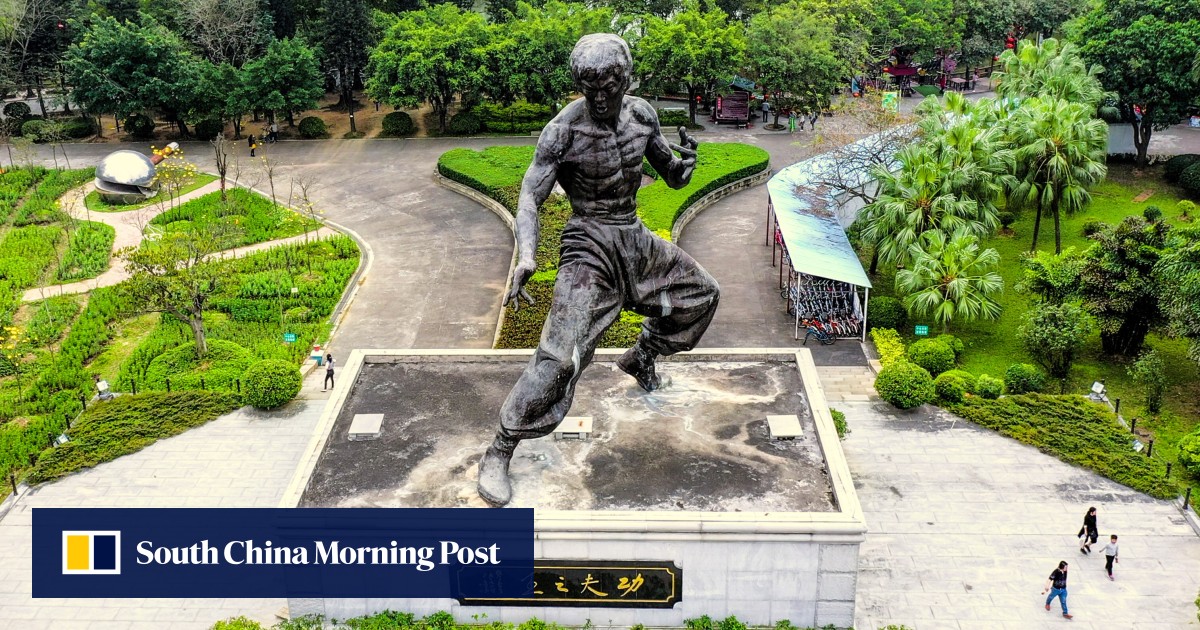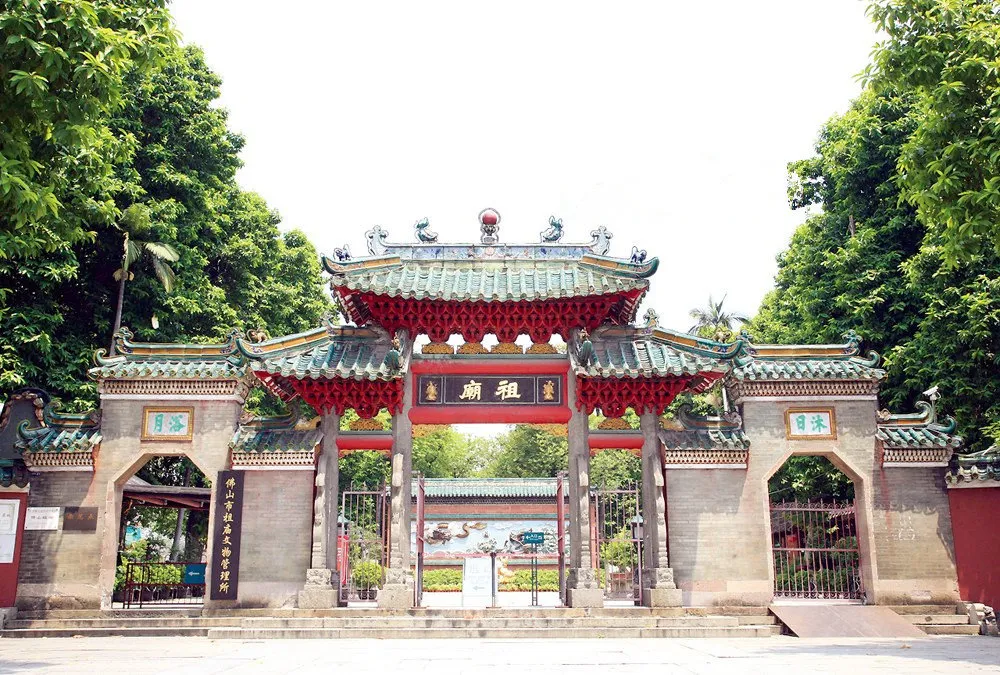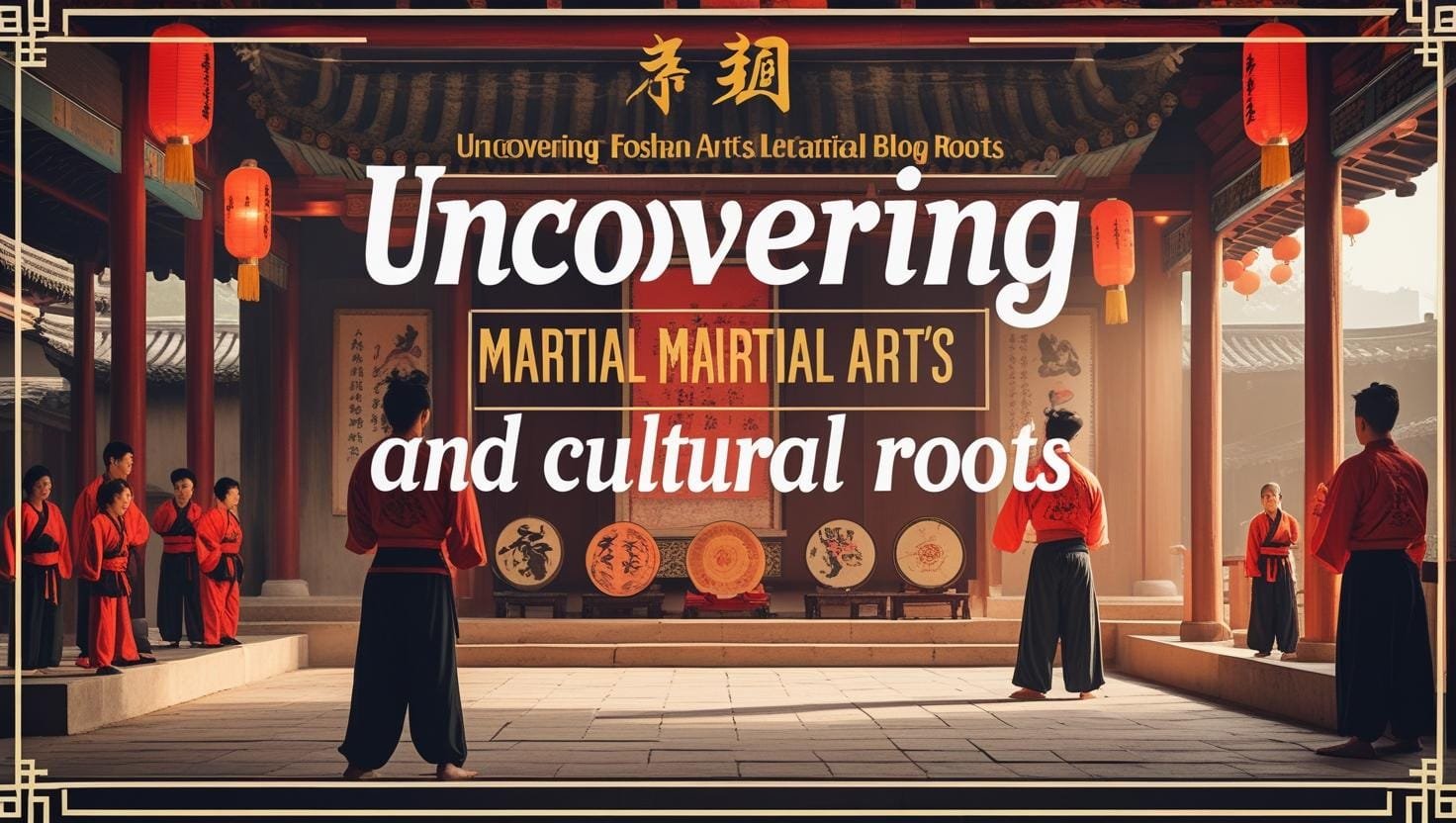Uncovering Foshan’s Martial Arts Heritage and Cultural Roots

Welcome to Jusha Travel, your go-to source for exploring the wonders of China! If you’re a traveler fascinated by Foshan Martial Arts Heritage, cultural immersion, or the rich tapestry of China kung fu history, Foshan in Guangdong Province is a destination that promises unforgettable adventures. Known as the birthplace of iconic martial arts styles and deeply connected to Foshan cultural heritage, this city blends ancient traditions with modern vibrancy. From legendary masters like Ip Man to lively festivals, we’ll uncover how Foshan serves as a gateway to Cultural attractions Foshan and offers an essential Foshan travel guide for anyone delving into China history travel. Here at Jusha.Travel, we love sharing tips to make your China journey unforgettable! For more on historical journeys, check out this guide.
The Ancient Hometown of Martial Arts

Foshan’s story as a cradle of martial arts stretches back over a millennium, with its prominence surging during the Ming Dynasty (1368–1644). This era solidified Foshan as a hub for Southern-style martial arts, emphasizing robust stances and close-combat techniques that have influenced fighters worldwide. For those eager to explore China kung fu history, Foshan stands out as the “ancient hometown” of these disciplines, where legends like Wong Fei-hung—a celebrated physician and master—and Ip Man, the teacher of Bruce Lee, honed their skills. For insights into China’s spiritual sites, visit this exploration.
These figures aren’t just historical footnotes; they represent the living essence of Foshan Martial Arts Heritage. Wong Fei-hung’s exploits, often depicted in films, highlight how martial arts intertwined with everyday life, blending combat with healing practices. Ip Man’s legacy, particularly in Wing Chun, continues to draw enthusiasts globally. Bruce Lee himself credited Foshan’s traditions for shaping his philosophy, turning it into a worldwide phenomenon. For family-friendly cultural attractions, see our guide.
As you plan your Foshan travel guide, consider visiting sites like the Hongsheng Memorial Hall, where Choi Lee Fut style originated. For more on Foshan’s historical rise, check out this insightful article: Foshan, ancient hometown of martial arts. A practical tip for travelers: Join a local martial arts class to experience the discipline firsthand—many schools offer beginner sessions that include cultural talks, making it a hands-on way to connect with China history travel.
Martial Arts Institutions and Living Heritage

Diving deeper into Foshan cultural heritage, the city’s institutions keep its martial arts alive and accessible. The Wong Fei-hung Memorial Hall, nestled in the Foshan Ancestral Temple, is a must-visit for anyone interested in Cultural attractions Foshan. This site features interactive exhibits, artifacts, and even live demonstrations that showcase the master’s philosophy of merging martial prowess with moral integrity. It’s a place where history feels tangible, allowing visitors to walk in the footsteps of icons. For more on Wing Chun’s origins, explore this historical route.
Another gem is the Zumiao District, often called the spiritual heart of Wing Chun. This area was Ip Man’s teaching base, and today, schools like Master Lance Pun’s continue to train students in authentic techniques. If you’re curious about how these traditions persist, explore Wing Chun Foshan for stories of modern practitioners. As a traveler, I recommend timing your visit to coincide with a training session—it’s a fantastic way to learn about the physical and mental benefits of kung fu, such as improved focus and resilience, which align with broader Chinese wellness practices.
Foshan’s commitment to preserving its heritage extends to global outreach. The city hosts international martial arts events, blending tradition with community building. A fun fact: Many locals incorporate martial arts into daily routines, much like tai chi in other parts of China, promoting health and cultural pride. This living heritage makes Foshan an ideal spot for China history travel, offering insights into how ancient arts adapt to contemporary life.
Unique Practices, Celebrations, and Cultural Festivals

No exploration of Foshan Martial Arts Heritage is complete without delving into its vibrant celebrations, where martial arts fuse with cultural rituals. The Lion Dance, a spectacular display of athleticism and artistry, is deeply rooted in Foshan cultural heritage and often performed during festivals to ward off evil spirits and bring good fortune. This tradition, requiring precise coordination and strength, mirrors the principles of kung fu and is a highlight of events like the annual Lion Dance Championship. For more cultural immersion, check out Chinese festivals.
Linked to broader China kung fu history, the Lion Dance exemplifies how martial arts extend beyond combat into community and spirituality. The Dragon Boat Festival, celebrated with races and feasts, also draws on these roots, promoting teamwork and cultural devotion. In Foshan, you might catch a procession on Qiuse Street or a ritual crossing of the Tongjie Bridge, both infused with martial elements for blessings and safety.
For a deeper dive into why Foshan is the cultural heart of such traditions, visit Why Foshan, China. Travelers should pack comfortable shoes for these events, as they often involve walking tours or participatory activities. Additionally, Foshan’s food scene ties in beautifully—enjoy dim sum or Cantonese delicacies at local eateries, where meals become a cultural experience, reflecting the balance and discipline of martial arts.
Broad Cultural Roots and Modern Significance
Foshan’s influence goes beyond martial arts, weaving into the fabric of Lingnan and Guangfu cultures, which emphasize resilience and innovation. Cantonese Opera, bamboo artistry, and even ceramics reflect the same discipline seen in kung fu, showing how Cultural attractions Foshan encompass a holistic heritage. The Shunde Qinghui Garden, for instance, offers serene spaces for reflection, paralleling the meditative aspects of martial training. For more on adaptive cultural practices, see Chinese tea culture.
In modern times, Foshan’s global recognition is evident through its martial arts schools and museums, attracting students from around the world. A video tour like Unveiling Foshan’s martial arts DNA reveals how the city continues to innovate, blending tradition with technology—think virtual reality experiences at exhibits. For Foshan travel guide enthusiasts, this means opportunities to learn about China’s tech-savvy preservation of culture, such as apps for virtual kung fu lessons.
One interesting fact: Foshan’s artisans use age-old techniques in iron foundries, mirroring the forging of a martial artist’s spirit. As you explore, don’t miss Naihai Xiqiao Mountain for its scenic trails perfect for practice. This fusion of past and present makes Foshan a beacon for China history travel, inspiring visitors to appreciate how cultural roots evolve.
In conclusion, Foshan’s Foshan Martial Arts Heritage offers a profound glimpse into China kung fu history and Foshan cultural heritage, blending ancient wisdom with modern allure. From the halls of legends to lively festivals, it’s a destination that enriches the soul and creates lasting memories. At Jusha.Travel, we’re passionate about guiding you through China’s treasures, so whether you’re planning your next trip or just dreaming, remember that Foshan is more than a city—it’s an experience.
We’d love to hear your thoughts! Share your Foshan stories in the comments below, visit jusha.travel for more inspiring guides, or explore related articles like our piece on Beijing’s Forbidden City. Safe travels and keep discovering China!

